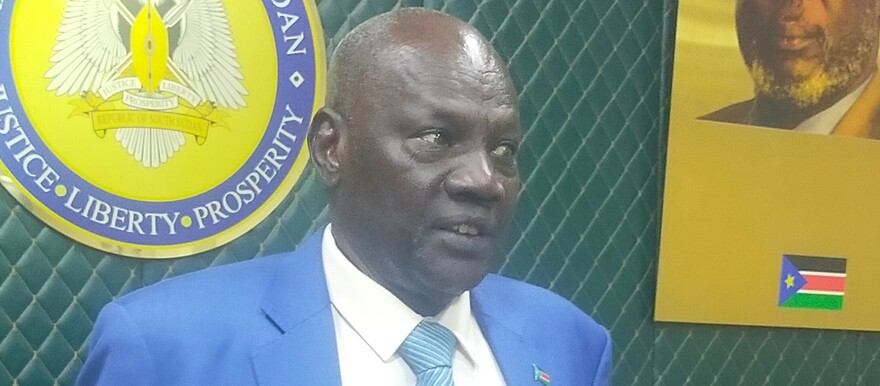South Sudan’s cabinet has scrapped the controversial provisions that allow the National Security Services (NSS) to arrest people without an arrest warrant.
Sections 54 and 55 allow an arrest without a warrant and an arrest with a warrant respectively under the National Security Services Act of 2014. Many human rights organizations had called for the government to restrict the powers of the NSS.
This is a significant part of the reforms agreed upon in the 2018 revitalised peace agreement. Last month, President Salva Kiir and First Vice President Riek Machar met and agreed to scrap the unchecked powers of the NSS.
Speaking to reporters after the council of ministers meeting in Juba on Friday, Information Minister Michael Makuei Lueth said the cabinet had scrapped the service’s unfettered powers to arrest people without a warrant.
Makuei, however, said although the controversial articles have been deleted, the National Security Services still have some powers to arrest suspects without warrants.
“These provisions were deleted, but nevertheless, the National Security Services have other powers, that is, in case of any subversive activities discovered, they have to arrest and take the people to the appropriate authorities,” he said.
“Not only the National Security but the power is with every South Sudanese, any citizen found to be committing an offence for which a person can be arrested without a warrant, any citizen is entitled to that right to arrest that person and take him to the police or the appropriate authorities,” he added.
Makuei, who is also the government spokesman, said the cabinet passed the National Security Services Amendment Bill 2023, and the national security minister has been asked to take the Bill to the national legislative assembly.
Reacting to the news, Ter Manyang, the Executive Director of the Centre for Peace and Advocacy (CPA), which advocates for civil society values, welcomed the scrapping of the NSS police-like powers to arrest, detain and conduct searches and seize property without adequate safeguards.
“This is a good move, and this is a good move for the country. The role of our National Security is to collect information and forward it to the relevant authorities,” he said.
“The National Security Service should not have powers to arrest. It is only the police that should have the power to arrest a suspect with a warrant. I welcome the move, and South Sudan is moving forward, joining the rest of the East African countries,” he added.




